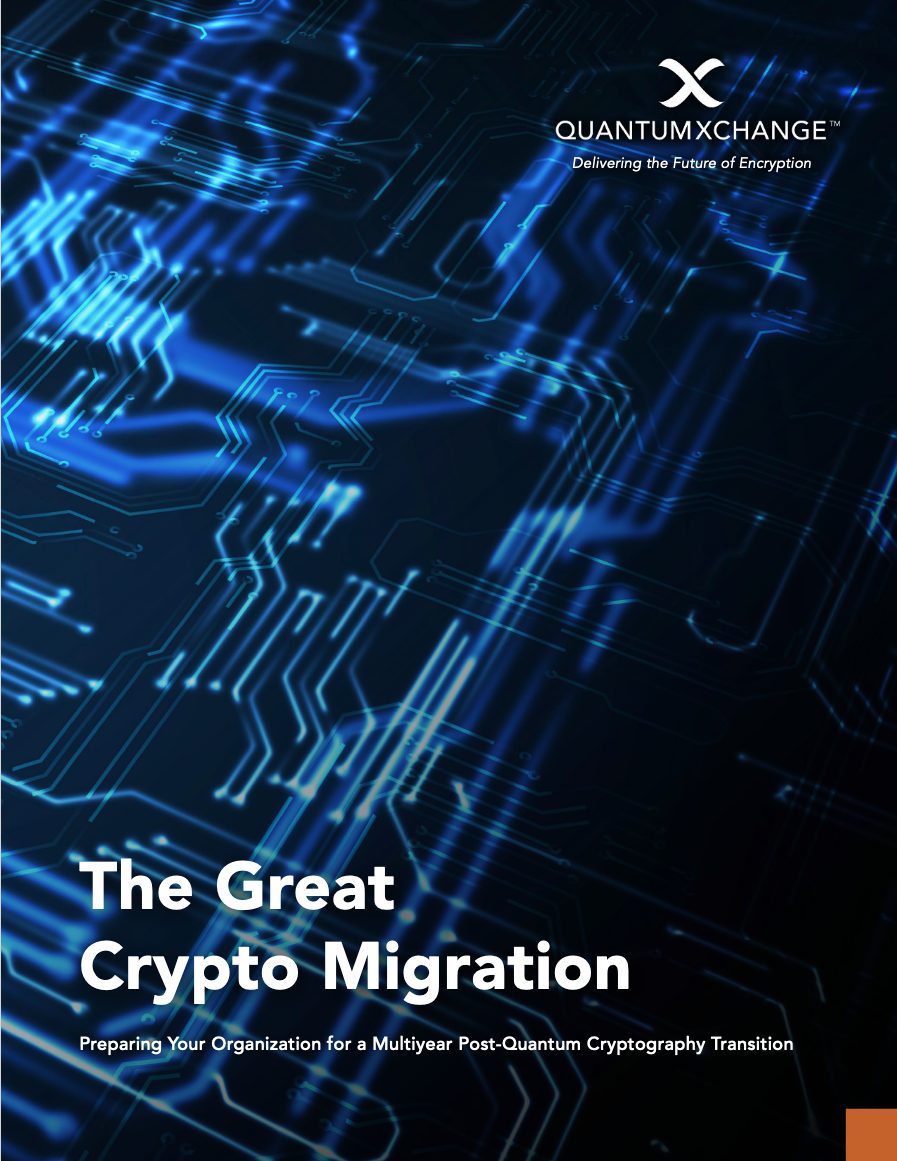Amid Russia’s ongoing invasion of the Ukraine, SpaceX founder and CEO Elon Musk announced the company will devote more resources to cyber defense to overcome signal jamming of its Starlink internet satellites “near conflict areas.” This reprioritization will cause delays in other aspects of its business – most notably the anticipated launch of Starship and Starlink v. 2.
The takeaway for those on the frontlines of cybersecurity is that a new attack vector is emerging – Space. Either exploited by military groups or criminal gangs, attacks on satellites, their systems, and base stations on Earth are seeing a steady uptick. More than 4,000 satellites are currently orbiting Earth with thousands more planned to launch by private industry the likes of SpaceX, Amazon, OneWeb and others. While this lowered barrier to entry increases innovation and discovery, it also increases the number of potential access points for hackers.
This is the theme of the upcoming CyberLEO Conference, May 11-13 in Los Angeles, “Defend Your Organization from Threats Unknown.” Quantum Xchange touts a similar position with our marketing tagline, “Defend Your Data Networks from Whatever Threat Awaits.” It’s fitting then that we are a sponsor of this inaugural event that brings together high-level leaders in satellite, space, cybersecurity, and government for discussions on how to build resiliency and ensure safety within the space ecosystem.
As we move into a new era of satellite communications, one that melds government and private industry, it is imperative that we protect the integrity of the data coming off these satellites wherever it travels. This includes communications from spaceborne assets, but also the equal threat to ground-based communications that span the globe, to base stations, back to the command center. Integrity and confidentiality of data in transit must be ensured end-to-end to establish meaningful trust, reliability, and resiliency of space systems.
At stake is the millions of dollars invested to manufacture and launch these LEO constellations and the business models that back them – not to mention the national security implications, potential life-threatening circumstances for soldiers in the field, or the crippling economic ramifications of a major data breach on satellite systems.
It’s time satellite designers look to future-proof the encryption architecture that protects these vital satellite constellations and data traveling to and from their auxiliary communications networks i.e., base stations, data centers, command centers. After all, it’s not as simple as sending the proverbial MayTag repair man to fix a satellite after it’s launched. Crypto diversification, agility, and defense-in-depth countermeasures will be just as important as the satellite’s communication, propulsion, and power systems.
Advanced super computers and the impending arrival of a quantum computer will test intra-satellite communications in ways that we have never seen before. The new generation of satellites communicate not just with ground stations, but also with each other in their respective constellations. However, in space it’s hard to know exactly who you are talking to, and even harder to know who is listening. We will be forced to enhance the security of communications, primarily authentication and encryption, between the satellites within a constellation otherwise nefarious actors may gain network access and wreak havoc.
As a society, we are becoming more and more dependent on communication satellites for our everyday needs. Satellites are as critical to infrastructure as water treatment facilities, electrical substations, and transportation operations. Protecting the telemetry, tracking, and controls (TCC) of these satellites in times of war must be given the same importance as guarding nuclear reactors and water treatment plants.
In times of peace, the public and private sector must work together to ensure space-based companies emphasize security at all phases of space-system development and operations. This includes embracing a zero-trust security model; securing existing network communication links with quantum-safe, out-of-band key delivery; and adopting regulatory frameworks intended to safeguard space assets, infrastructure, and the entire space supply chin. Hear more during the CyberLEO panel talk, “Supply Chain 2022: Geopolitics, Disruption, and Keeping Supply Chains Efficient and Secure,” May 12 at 3:45 p.m. featuring Quantum Xchange CEO Eddy Zervigon.


